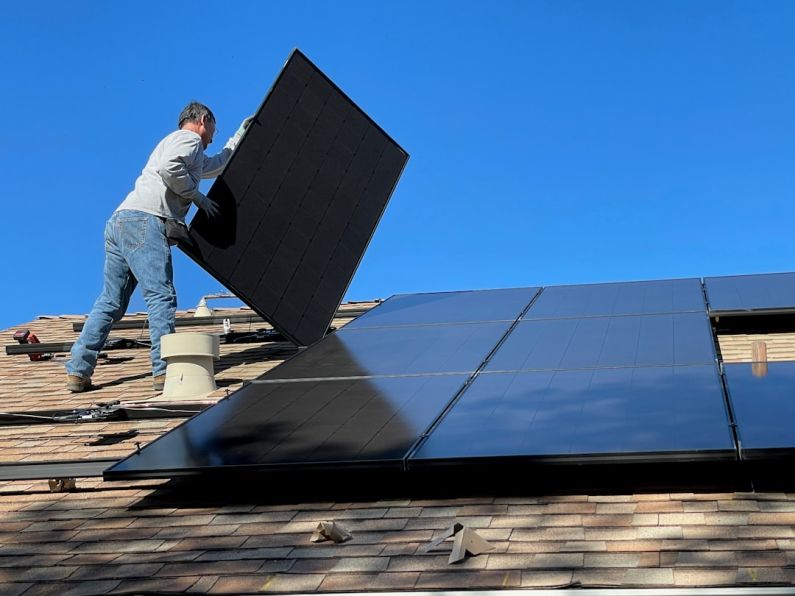How Can You Create a Home Recycling Center?
Creating a Home Recycling Center
Reducing waste and adopting sustainable practices are becoming increasingly important in today’s world. One way to contribute to a healthier environment is by creating a home recycling center. Having a designated area for recycling not only makes it easier to sort and dispose of recyclables but also promotes a more eco-friendly lifestyle. In this article, we will explore the steps you can take to create your own home recycling center.
1. Choose an Appropriate Location
The first step in setting up a home recycling center is selecting the right location. Look for a spot that is easily accessible and convenient for everyone in your household. It could be a corner in your kitchen, a garage, or even a dedicated space in your backyard. The key is to choose a place that is easily visible and encourages the entire family to participate in recycling efforts.
2. Gather the Necessary Supplies
To create an efficient recycling center, you will need a few essential supplies. These include recycling bins or containers, labels, and bags for sorting different types of recyclables. Consider using bins with different colors or labels to easily distinguish between paper, plastic, glass, and metal. Additionally, keep a separate container for hazardous materials that require special disposal, such as batteries or electronic waste.
3. Educate Yourself on Local Recycling Guidelines
Recycling guidelines can vary from one city to another, so it’s important to familiarize yourself with the rules specific to your area. Visit your local municipal website or contact your waste management department to learn about the acceptable recyclable materials and any specific sorting requirements. Adhering to these guidelines will ensure that your recycling efforts are effective and have a positive impact.
4. Implement an Organized Sorting System
To make recycling a seamless process, it is essential to have a well-organized sorting system. Clearly label each recycling bin or container to indicate which materials should be placed in them. For example, use labels such as “Plastic,” “Paper,” “Glass,” and “Metal” to help you and your family members identify the correct bin easily. This system will save time and prevent the contamination of recyclables.
5. Encourage Family Participation
Creating a home recycling center is not just a one-person job; it requires the involvement of the entire family. Encourage your family members to actively participate in recycling efforts by educating them about the benefits of recycling and the impact it has on the environment. Make it a fun activity by involving children in the sorting process and rewarding their efforts. By instilling these habits early on, you can create a long-lasting commitment to recycling in your household.
6. Find Recycling Centers Near You
While having a home recycling center is convenient, it is important to remember that not all items can be recycled at home. Some materials, such as electronics or certain plastics, require special handling. Research recycling centers and drop-off locations in your community where you can dispose of these items properly. Keep a list of these centers handy or use online resources to find the nearest ones.
In conclusion, creating a home recycling center is a simple yet effective way to contribute to a more sustainable future. By choosing an appropriate location, gathering the necessary supplies, educating yourself on local recycling guidelines, implementing an organized sorting system, and encouraging family participation, you can make a significant impact on reducing waste and promoting recycling in your household. Remember, every small step counts when it comes to protecting our environment and preserving it for future generations.






